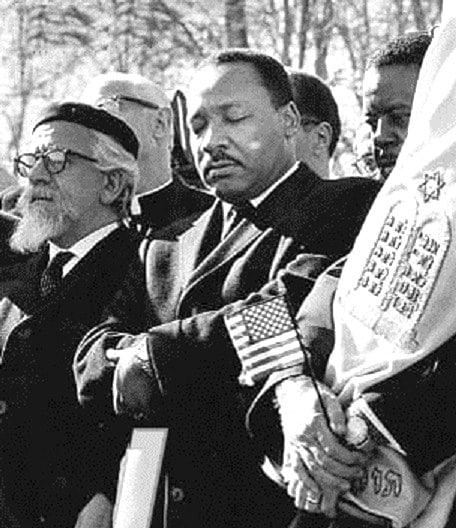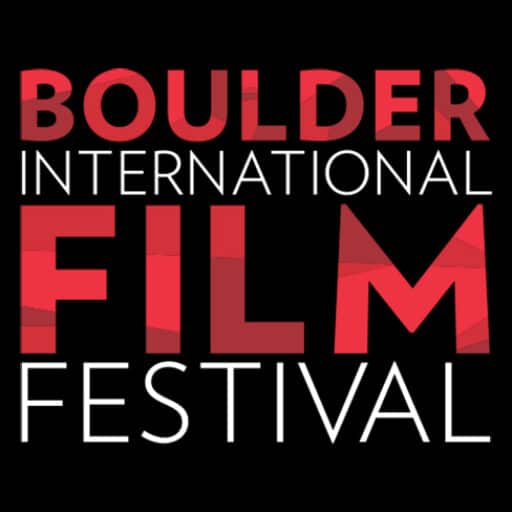
Shared Legacies

Shared Legacies
5 Calls 2 Action:
Action 1: Learn More
We encourage audiences to learn more about the story of relationships between the Black and Jewish communities, we recommend reading Black Power, Jewish Politics: Reinventing the Alliance in the 1960s by Marc Dollinger. Dollinger, a professor at San Francisco State University, argues that much of our accepted knowledge about the interaction between black and Jewish communities is based more on myth than fact. His book investigates widely held beliefs about the black-Jewish alliance. Dollinger describes a new political consensus, based on identity politics, that drew blacks and Jews together and altered the course of American liberalism.
Action 2: Follow the Story
Many of the historical figures featured in the film have legacies that live on today. The family of Andrew Goodman, who was tragically murdered while trying to help ensure voting rights, has a foundation inspired by his life’s work https://andrewgoodman.org/
Action 3: Make a Donation
We encourage the audience to support local organizations leading the fight for Civil Rights, Racial Justice and Voting Rights, including Black Lives Matter 5280, and BLM 5280’s Freedom School.
Action 4: Travel
Etgar 36 uses the Civil Rights narrative as a way to provide participants with the tools and inspiration to take the next step beyond social action: social activism. Etgar (https://www.etgar.org) provides trips for teens and adults to see first hand Atlanta, Montgomery, Selma, Birmingham, Memphis and Little Rock to visit the historic landmarks of the Civil Rights Movement. Visits include the Equal Justice Initiative Legacy Museum and Memorial to the victims of lynching, the Rosa Parks Museum, the Martin Luther King Center, walking across the Edmund Pettus Bridge, the Birmingham Civil Rights Institute, the National Civil Rights Museum and Central High School.
Action 5: Involve the Kids in Your Life
We know that audiences recognize that the work of the Civil Rights Era is not over. From Ethics of our Ancestors “You are not obligated to complete the work, but neither are you free to desist from it (2:21).” Good Trouble For Kids is an especially valuable program for parents and educators in this moment of an expanding consciousness that being antiracist must include intentionally engaging children through conversations, reading, and art on racial and social justice. This organization has a book club subscription service and other resources to help inspire and educate the next generation. You can also encourage your kid’s school to become a partner with the Anti-Defamation League’s Program, No Place for Hate. ADL’s No Place for Hate Initiative is a school climate improvement framework that provides preK-12 schools with an organizing framework for combating bias, bullying and hatred, which can lead to long-term solutions to foster and maintain a positive climate.


